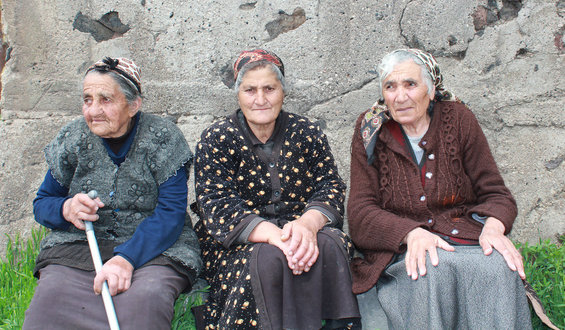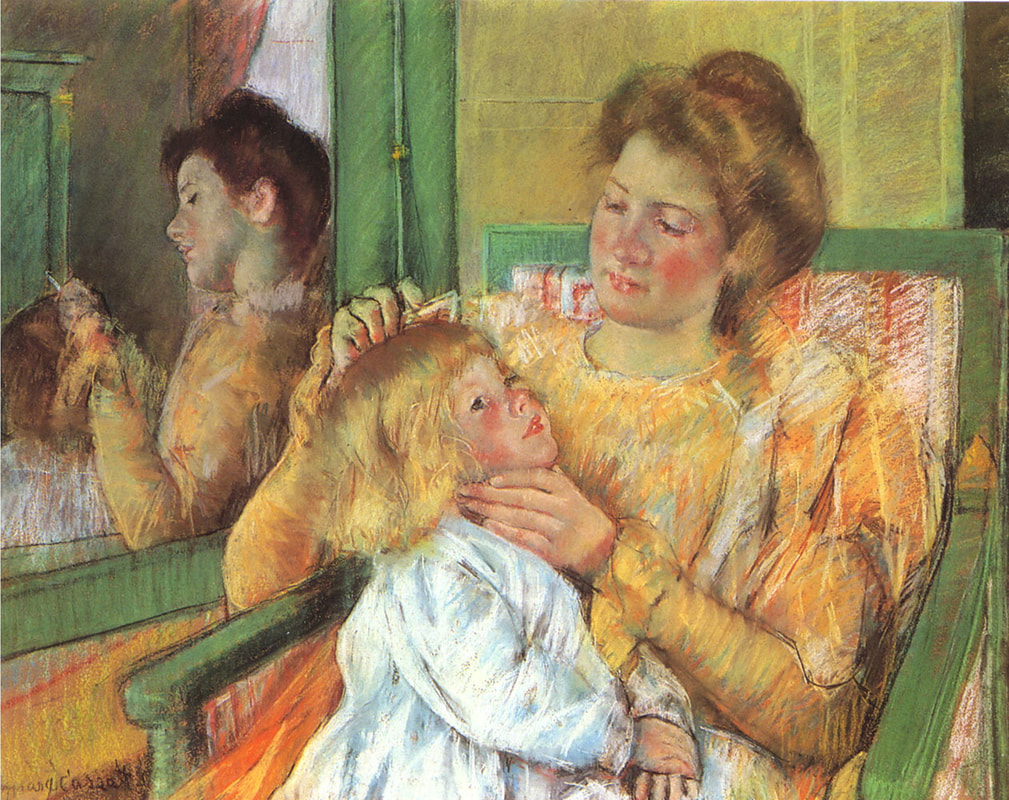All of which would certainly make the Green House model worth investigating for anyone seeking a nursing home for a loved one.
But hold on a moment. Yes indeed, the Green House model seems to address a number of circumstantial, mental and emotional issues. But aren’t human beings are more than the sum of their circumstances, minds and emotions? Are we not also spiritual beings – in fact, primarily so?
For almost 18 years, I have been witnessing first-hand the positive impact that ardently Christian activities and staff can have on nursing home residents. As I observed several years ago, “Whatever their individual circumstances might be, Christians in long-term care seem to be happier than non-Christians in long-term care.”
My question then: “If this is true, shouldn’t all nursing homes put some major emphasis on feeding the spirit? At least as much as they do, say, entertaining those in their care, and reminding them of the good ol’ gone-but-not-forgotten days?”
To which I now add: “Shouldn’t all nursing homes put as much emphasis on feeding the spirit as they do catering to residents’ dining preferences and physical surroundings?”
I don’t have any fancy studies to support my observations; I still can’t seem to find any researchers who’ve examined the impact of Christian ministry on the elderly. (I’d love to be wrong about this. If you have evidence to the contrary, please send it to me!)
Perhaps the Green House Project does feed the spirit with eternal truth. I certainly hope that this is the case, and that the New York Times reporter simply failed to mention it because she isn’t much interested in the subject, or didn't feel it was pertinent.
But I do hope that you are interested, and that if you’re looking for a nursing home for a beloved parent or grandparent, spouse or sibling or child, you will put spiritual things at the top of your list of evaluation criteria.
If you do, your loved one may be grateful not only for the remainder of this life, but quite possibly for all eternity.





 RSS Feed
RSS Feed